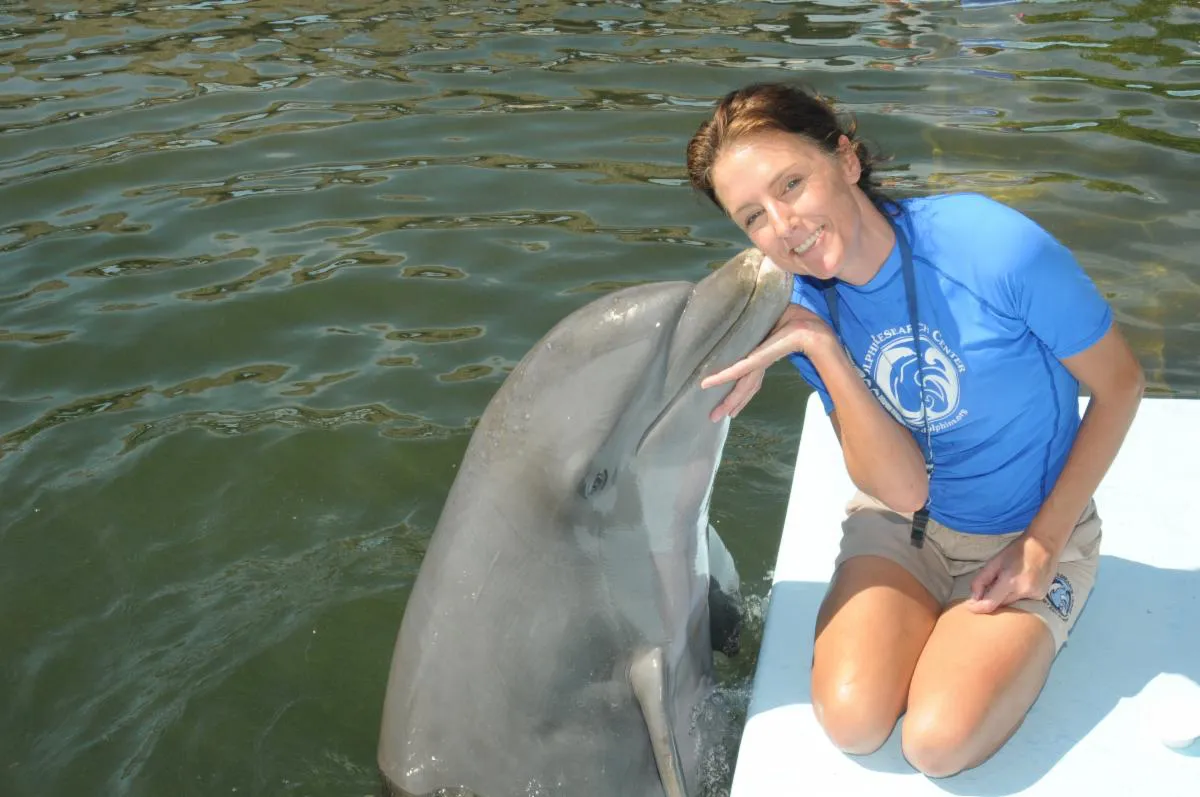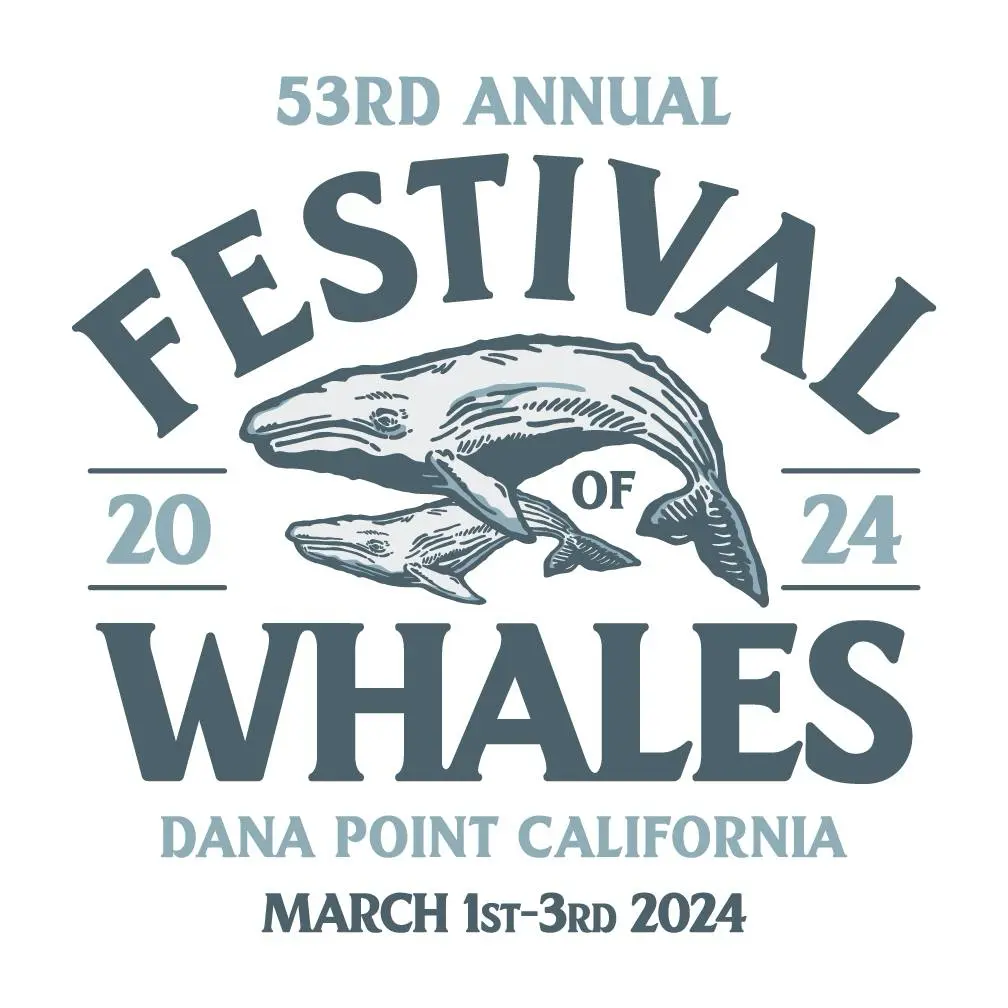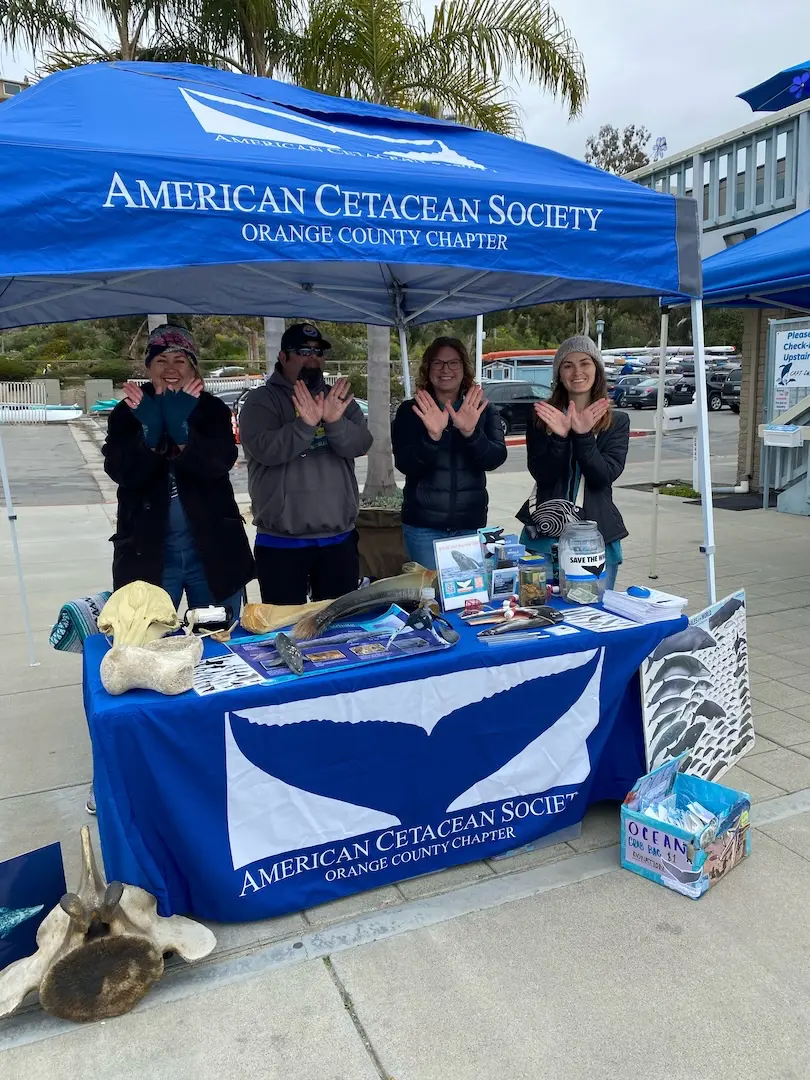How new technologies are changing the way we study and value whales.
Dr. Iain Kerr
New technology like drones have immense potential in cetacean science and conservation as cost-effective, scalable, adaptable, and non-invasive tools.
Getting to Know Gray Whales: My Lifetime of Research
Dr. David Weller
Dr. David Weller has been studying the biology and ecology of whales and dolphins for 40 years. His specialization is in the areas of wildlife science, population assessment and evaluation of potential disturbance impacts from human activities. He received his Ph.D. in Wildlife and Fisheries Sciences from Texas A&M University in 1998. Prior to that, he completed B.A. and M.A. degrees at the University of Hawaii and San Diego State University, respectively. He has been in residence at Southwest Fisheries Science Center since 1998.
Guest Speaker: Dr. Kristin Laidre
The talk will discuss the impacts of climate change on Arctic marine mammals. Case studies will be presented on the ecology of polar bears and narwhals around Greenland.
Guest Speaker: Dr. Deborah Giles
Dr. Giles will give an overview of Wild Orca’s Southern Resident Killer Whale Health Monitoring Program as well as a summary of collaborative research projects being conducted by some of the most respected names in wildlife conservation research. Together, these projects paint a near real-time picture of the health of endangered Southern Resident killer whales and provide timely data to the public and management agencies used to understand and address the causes of population decline.
Guest Speaker: Suzanne Steinert & Kimberly Ovitz
Two chapters, two speakers, one amazing night celebrating all things beluga! Building community around Alaska’s critically endangered Cook Inlet belugas with Suzanne Steinert + Beluga ecology and conservation — Insights from transdisciplinary research in Alaska and the Canadian Arctic with Kimberly Ovitz
Guest Speaker: Caroline Capello
Penguins serve as indicators of environmental change, sounding the alarm on overfishing, marine pollution, introduced predators, shifting ocean temperatures, and more. By studying penguins in the wild, we not only learn about the ecology of our changing planet, but we can use our observations to develop conservation actions that will protect seabirds, other marine predators, and entire ocean ecosystems. Join Dr. Caroline Cappello as she shares photos, stories, and lessons learned from her work with Galápagos penguins in the Galápagos Islands, Ecuador, and Magellanic penguins in southern Argentina.
Guest Speaker: Lori Marino
Up until recently, twenty captive orcas were residing in North America. I will present the scientific evidence for the poor welfare of captive orcas and discuss and update the development of an authentic whale sanctuary in Nova Scotia by the Whale Sanctuary Project.
Guest Speaker: Stephen Marsh
Since we last saw Stephen in January 2020, he has travelled by sea to the over a dozen global locations. What has he seen and what excited him most? Join us to hear stories and see his wildlife photos
Guest Speaker: Robin Baird
The resident island-associated population of false killer whales in Hawai‘i was listed as Endangered in 2012. Despite a lot of research before and after 2012, little has been done to protect this population, and it has been declining steadily since.
Guest Speaker: Steven Swartz
Steven Swartz will discuss the current impacts of climate change on the Arctic's seasonal marine food production and how that is affecting marine species like gray whales
Guest Speaker: J. Michael Williamson
Professor Williamson will introduce North Atlantic Right Whales including their natural history, conservation status and current research. The effects of climate change on this species will also be discussed.
Guest Speaker: Douglas Hoffman
Humpback Whales of Tonga and Maui
Guest Speaker: Stephanie Norman
Beluga whales are smaller-sized whales that are very social and inhabit Arctic and sub-Arctic waters. They are rarely reported outside of this range. However, in October 2021, a lone beluga appeared in the waters of the Pacific Northwest (PNW) and remained in the area for approximately a month. This presentation will describe the biology and ecology of whales; the case of the lone PNW whale; and current threats and challenges that face wild populations of beluga.
Guest Speaker: Erin Gless
Southern Resident Killer Whales with Erin Gless! Learn more about these killer whales, what challenges they face, and what's being done to try to save this unique population.
Guest Speaker: Dr. Cristina Castro
Dr. Cristina Castro is an Ecuadorian researcher and principal investigator for Pacific Whale Foundation Ecuador, where she has been leading PWF’s field studies on humpback whales in Machalilla National Park since 2001.
Guest Speaker: Erin Keene
Biologist at MarEcoTel and Cascadia Research Collective - Fin Whales
Guest Speaker: Justin Viezbicke
California Stranding Coordinator for NOAA’s Marine Mammal Health and Stranding Response Program
Guest Speaker: Sabrina Mashburn
Conservation Biologist, Executive Director of SoCal Sea Turtles
Guest Speaker: Alisa Schulman-Janiger
Director and Coordinator of the full-season shore-based ACS-LA Gray Whale Census and Behavior Project.
Guest Speaker: Jessica Crance
Bioacoustician, lead research assistant and project manager at NOAA/NMFS/AFSC Marine Mammal Laboratory
Guest Speaker: Mark Girardeau
Wildlife photographer, creator of Orange County Outdoors
Guest Speaker: Dr. Chris Lowe
CSULB Shark Lab Director, Marine Biology Professor
Guest Speaker: Hilary Holt
Interpretative Ecologist, Catalina Island Conservancy
Guest Speaker: Kirsten Donald
Marine mammal scientist, Director of Education at Pacific Marine Mammal Center
Guest Speaker: Ted Cheeseman
Co-founder of Happywhale.com, and co-owner of Cheesemans’ Ecology Safaris
Guest Speaker: Dennis Kelly
Co-Founder and former president of ACS-OC
Guest Speaker: Karen Baker
Professor, OCC Marine Science Department
















































